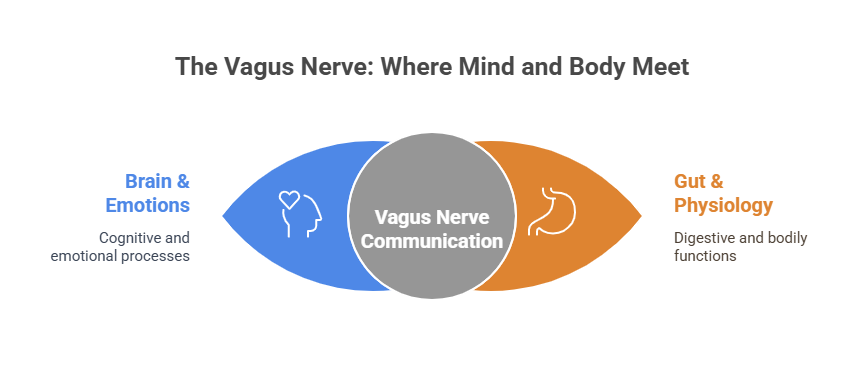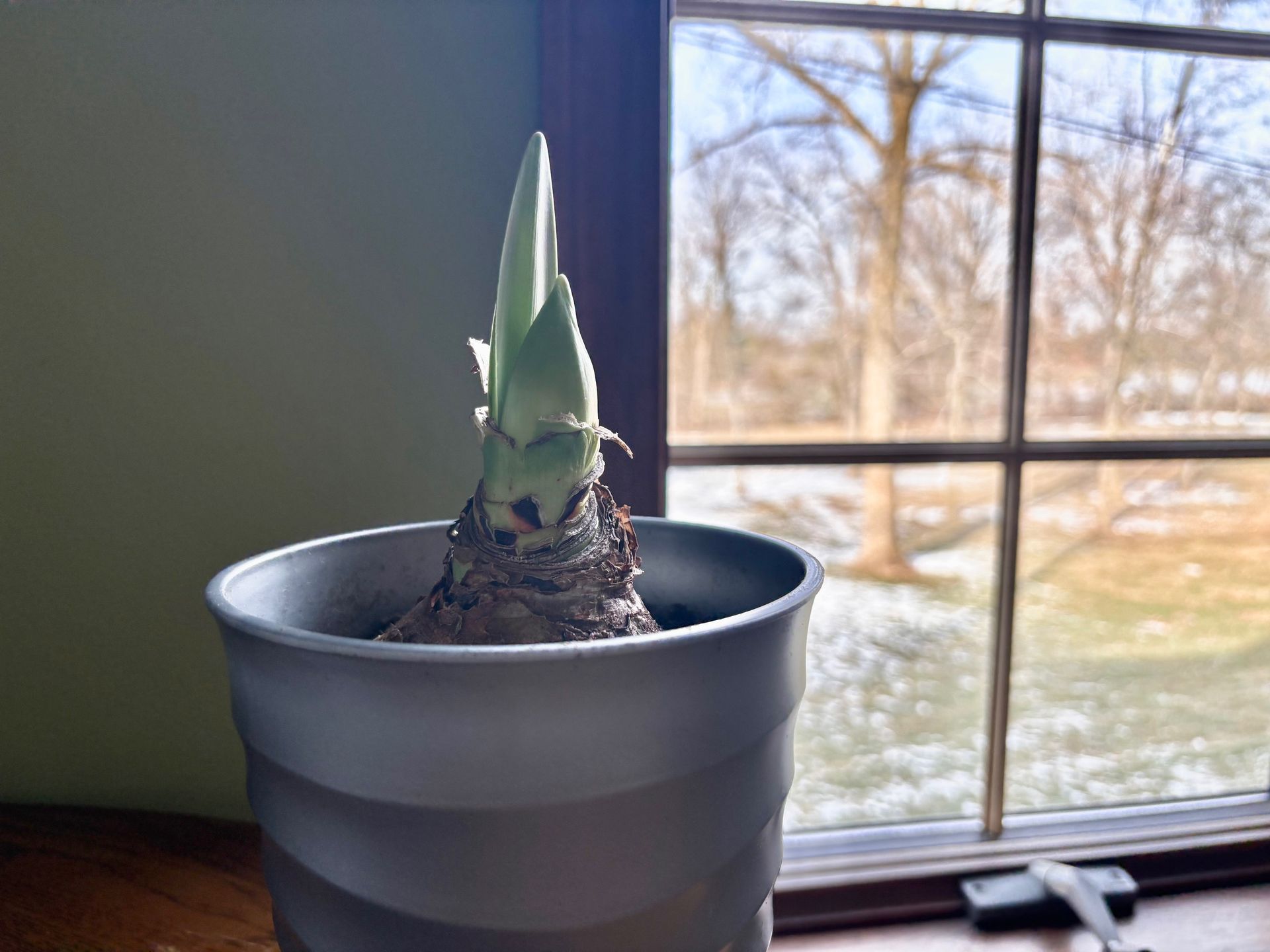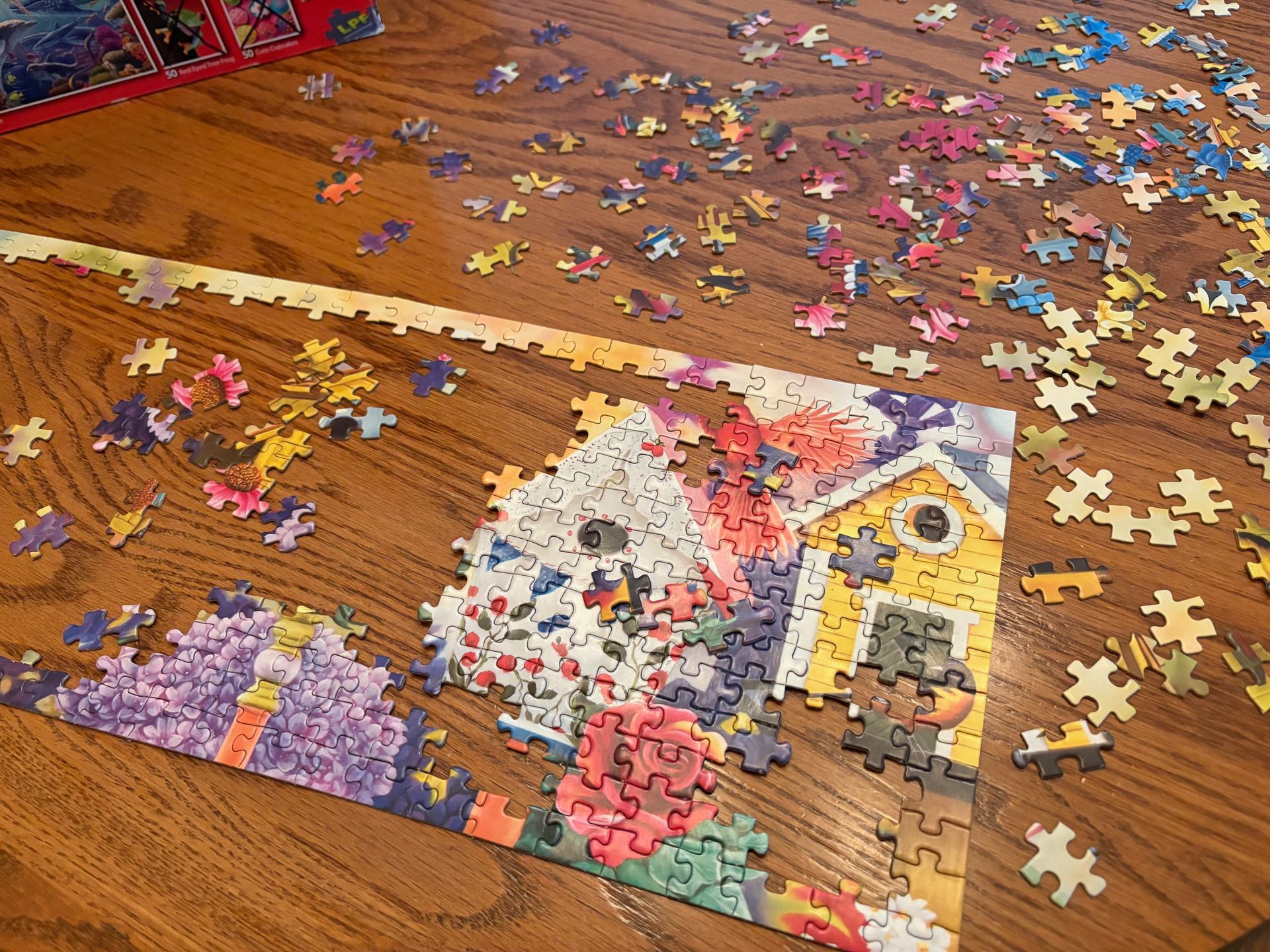Digestion and Grief
Grief Lives in the Gut
Ugh. Who wants to think or talk about grief?
I remember the day…days…grief swallowed me up. I felt like I had lead in my sandals as I plodded through my everyday activities. My brain was fuzzy and I felt numb. I wanted to escape it but I couldn’t. My brain kept trying to make sense of something that was too big and too hard for me to fully grasp in the moment.
When grief is more than the death of a loved one.
One of the tricky things about grief is that it doesn’t always follow our culture’s expectation for grief. Grief is often associated only with death. Everyone expects you to be sad and grieving over the death of a loved one. But what if the grief doesn’t come from death?
Such was my case.
What if grief is caused by loss that is not death? The loss of a relationship? The loss of a job? The loss of safety in natural disasters or abuse? The loss of attachment in childhood as a child with an absent parent or in foster or adoptive care.
Grief is also associated with transitions. They may be positive transitions but there is still an element of grief. The transition of your child starting school or graduating from school. The transition of moving from your home or starting a new job. The transition into a new life stage.
Both modern and ancient cultures honor grief in different ways. But sometimes grief from a loss or transition not associated with death is not given the attention deserved. Because of this, we have a tendency to ignore or minimize grief. We just move on. Occasionally, the grief is so overwhelming that we stuff it down deep to cope with the pain.
How your body metabolizes grief
I often say that “emotions suppressed become symptoms expressed. Grief is no exception. Suppressing grief can show up as digestive or respiratory issues.
Chronic asthma or respiratory infections.
IBS, cramping, constipation or diarrhea.
Stomachaches, bloating, heartburn.
Can you relate to any of these symptoms?
The connection between grief and the digestive and respiratory concerns lies with the vagus nerve. This nerve connects your brain with your enteric nervous system that is housed inside the gut, with branches of the nerve stopping off at the lungs and other organs and glands. The vagus nerve is your body’s
communication superhighway
between the brain and gut. It carries messages down from the brain and back from the gut.

Your enteric nervous system in your gut is often referred to as your “second brain”. It produces neurotransmitters like serotonin and dopamine to help you cope with grief. It carries messages between your brain and gut and is impacted by your emotions. This is why when we have gut issues, we often experience brain fog, depression, anxiety and other mood issues.
Grief isn’t only an emotional issue. It’s physical too.
Because of the vagus nerve, grief is also a biological issue that impacts the nervous system and the gut along with the other organs and glands that the vagus nerve influences.
Anniversaries of loss will sometimes be marked by respiratory illness. Do you notice that you seem to get sick every spring around the same time as a particular childhood trauma? Or maybe you get a cold or the flu around the date that your loved one died? Your body remembers and is expressing that grief in a physical way.
But unprocessed grief also contributes to inflammation and increases pressure in the gut as the diaphragm attempts to press down, leading to problems in the digestive system.
Let me explain.
The diaphragm allows us to breathe in and breathe out. It contracts by moving down into our gut allowing air in. When it relaxes it moves back up toward our lungs and pushes air out. If the gut is inflamed, the diaphragm will not be able to move down because of the buildup of lymph fluid, water retention and chronic swelling in the area around the gut, below the diaphragm. So, we breathe shallow instead.
One of the problems with this is that the diaphragm is supposed to create a gentle squeeze around the heart as the diaphragm moves up in rhythm with each breath. Think of it like the diaphragm giving your heart a hug. With shallow breathing this doesn’t happen. The vagus nerve regulates diaphragm movement sending a message to the heart that everything is okay. When the diaphragm is not contracting and expanding properly, the heart does not get this message. That is why when you are grieving or have received bad news, it feels like your heart has dropped into your chest.
At the same time, when the diaphragm contracts and moves down, it exerts some pressure around the gastrointestinal tract helping to move lymphatic fluid and toxins and enhance blood flow. Think of it like a GI massage. When the diaphragm doesn’t contract properly the gut doesn’t get the movement necessary to help it remain healthy.
Processing hidden grief.
Grief is hard. Grief is messy. Grief is unpredictable. But grief needs to be metabolized emotionally so it doesn’t cause physical concerns.
You may want to do this with a trained professional who can support you in the process. Psychology Today has a great tool to find and filter therapists near you to find one that fits your needs.
Here are some questions to get you started in identifying hidden grief:
- What hard events in your life have not been resolved?
- What childhood memories are still painful?
- What transitions have you minimized?
Taking care of your gut in the process.
One of the ways I help my clients with gut issues inside my Wholeness Restored Program is to recommend a GI-Map test. This is a DNA stool test that looks at the gut microbiome and helps identify h.pylori, bacteria, parasites, fungi and inflammatory markers. It provides the information you need to target your unique gut health challenges.
I also encourage you to practice some simple vagus nerve exercises for 2-3 minutes before each meal to enhance digestion and calm your nervous system. I often recommend a short video by Sukie Baxter that demonstrates these exercises.
As you process grief, you can nurture your gut at the same time. You can heal…emotionally and physically!











